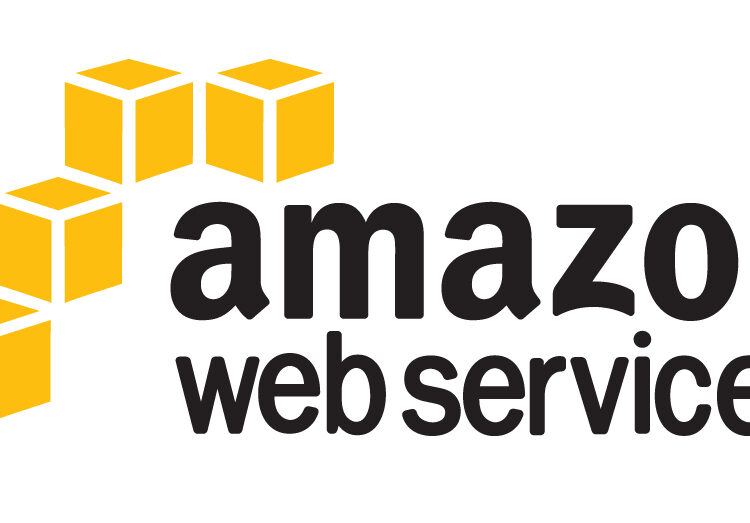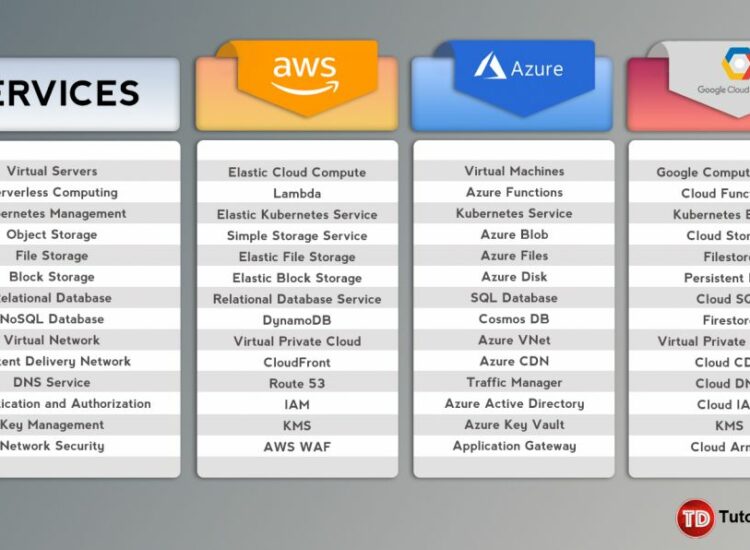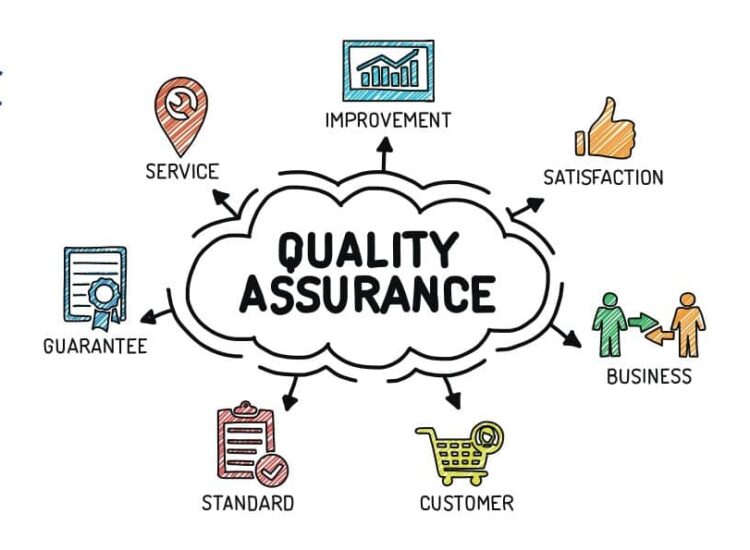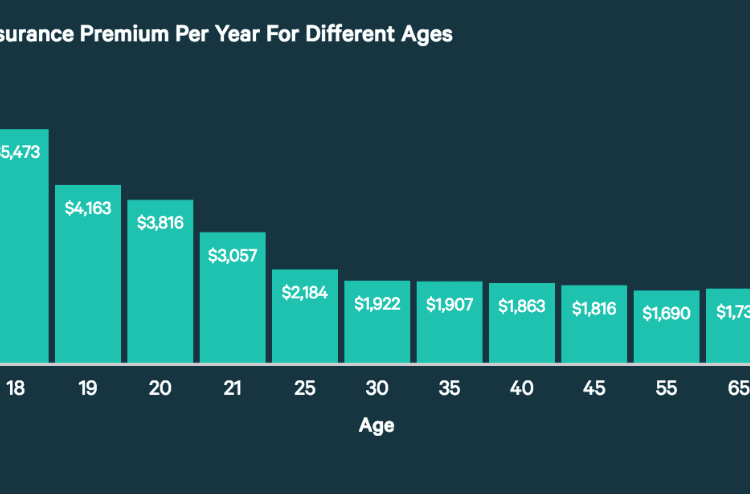Implementing a new Enterprise Resource Planning (ERP) system can seem daunting. However, the shift towards cloud-based solutions has significantly altered the landscape. The accessibility of a business cloud erp saas platform system online has dramatically reduced both initial investment and ongoing maintenance costs for many small and medium-sized businesses (SMBs). While this increased accessibility offers considerable advantages, careful vendor selection and robust employee training remain crucial for successful implementation and realizing the full potential of these systems.
Toc
- 1. Understanding the Business Cloud ERP SaaS Platform System Online Landscape
- 2. Key Features of a Business Cloud ERP SaaS Platform for Small Businesses
- 3. Top Cloud ERP Companies and Their Offerings for Small Businesses
- 4. Related articles 01:
- 5. Emerging Trends in Cloud ERP
- 6. Selecting the Right Business Cloud ERP SaaS Platform System Online for Your SMB
- 7. Related articles 02:
- 8. Implementing Your Business Cloud ERP SaaS Platform System Online
- 9. Security and Compliance in Cloud ERP for Small Businesses
- 10. Conclusion
Understanding the Business Cloud ERP SaaS Platform System Online Landscape

Defining Cloud ERP Systems
At its core, a business cloud ERP SaaS platform system online integrates various business processes into a unified framework, enhancing operational efficiency and data management. This system is accessible via the internet, allowing businesses to leverage its functionalities from any device, which facilitates real-time decision-making and collaboration. The evolution of ERP systems into cloud-based solutions has radically changed how SMBs manage their operations, making sophisticated tools more accessible than ever.
Advantages of Cloud ERP for Small Businesses
The benefits of cloud ERP solutions for small businesses are manifold:
- Cost-Effectiveness: Cloud ERP systems eliminate the need for extensive IT infrastructure, significantly reducing upfront and ongoing costs. SMBs can subscribe to services on a pay-as-you-go basis, making it easier to manage budgets. For example, a 2023 study found that SMBs using cloud ERP solutions experienced an average reduction of 30% in IT infrastructure costs compared to on-premise systems. This reduction encompasses not only hardware but also software licensing, maintenance, and IT personnel salaries. However, it is essential to consider potential hidden costs, such as data storage fees and possible vendor lock-in.
- Scalability: As businesses grow, their operational needs evolve. Cloud ERP solutions facilitate easy scaling, accommodating increased transactions, users, and data without the need for substantial new investments in hardware or software. For instance, a rapidly growing e-commerce business can seamlessly scale its cloud ERP system to handle a surge in orders during peak seasons without significant upfront capital expenditure. This contrasts sharply with on-premise systems, where scaling often requires considerable investments and downtime. Nevertheless, unexpected spikes in usage can lead to temporary performance issues or increased costs if not properly managed with the vendor.
- Accessibility: With cloud ERP systems, businesses can access their data and applications from anywhere, fostering remote work and collaboration among teams.
Deployment Models
When considering a cloud ERP solution, businesses typically have three deployment options:
- On-Premise ERP: This traditional model requires significant upfront investment in hardware and software licenses, along with ongoing maintenance and IT support. While it offers complete control, it necessitates substantial investment in IT personnel.
- Cloud ERP: Hosted on the vendor’s servers, this model is the preferred choice for many SMBs. It allows for flexibility, lower initial costs, and reduced maintenance requirements, making it an attractive option.
- Hybrid ERP: A combination of both on-premise and cloud solutions, hybrid ERP allows businesses to retain some processes locally while utilizing the cloud for others. This approach provides a tailored solution that meets specific business needs.
The cloud ERP model is particularly advantageous for SMBs, as it minimizes the need for dedicated IT resources while providing the flexibility to scale operations as necessary.
Key Features of a Business Cloud ERP SaaS Platform for Small Businesses
When selecting a cloud ERP system, SMBs should prioritize features that align with their operational requirements:

- Financial Management: Streamlining accounting processes and automating billing, cloud ERP solutions provide real-time financial insights that are crucial for informed decision-making. However, some SMBs might find that specialized accounting software integrated with their existing systems offers sufficient functionality without the need for a full ERP suite.
- Customer Relationship Management (CRM): A robust CRM feature enhances customer interactions and supports sales processes through lead tracking and management, helping businesses build stronger relationships. Nevertheless, some smaller companies may prefer standalone CRM solutions that better cater to their unique needs.
- Inventory Management: Effective inventory management capabilities allow businesses to optimize stock levels and streamline supply chain logistics, ultimately improving turnover rates. However, businesses with simple inventory needs might consider using basic inventory management software instead.
- Supply Chain Management: Coordinating procurement, production, and distribution processes becomes seamless with integrated supply chain management tools, improving overall operational efficiency. That said, businesses with a straightforward supply chain might not require extensive features in this area.
- Reporting and Analytics: Comprehensive reporting tools provide actionable insights into business performance, enabling data-driven decision-making. However, some SMBs may find that existing analytics tools they already use sufficiently meet their reporting needs.
These features are essential for SMBs aiming to enhance efficiency and drive growth.
Top Cloud ERP Companies and Their Offerings for Small Businesses
Overview of Leading Cloud ERP Providers
The cloud ERP market is a bustling landscape with numerous providers, each offering tailored solutions for SMBs. Here, we highlight some of the top cloud ERP companies and their unique offerings.
Acumatica ERP
Acumatica is a versatile cloud ERP solution catering to various industries, including manufacturing, distribution, and construction.
- Pros: Acumatica is known for its user-friendly interface, robust reporting capabilities, and strong industry-specific modules. Its flexible licensing model is also appealing to SMBs.
- Cons: While it offers extensive features, some users find the initial costs higher compared to open-source alternatives. Additionally, certain specialized requirements may necessitate customization.
Epicor
Epicor provides a comprehensive ERP solution, focusing primarily on manufacturing, distribution, and retail sectors.
- Pros: Epicor’s industry-specific solutions effectively address the unique needs of manufacturers, making it a preferred choice among businesses in this sector. It also boasts strong scalability features.
- Cons: The implementation process can be complex, and users may face a steeper learning curve compared to some competitors.
NetSuite
NetSuite offers a complete cloud business management suite, featuring tools for financial management, CRM, and e-commerce. Its extensive capabilities make it suitable for growing businesses.
1. https://pcoustic.com/mmoga-virtual-private-server-trials-your-guide-to-risk-free-hosting/
2. https://pcoustic.com/mmoga-your-guide-to-ovh-virtual-private-servers-for-smbs/
3. https://pcoustic.com/mmoga-virtual-private-server-canada-best-options-for-small-businesses/
4. https://pcoustic.com/mmoga-b2b-saas-lead-generation-a-comprehensive-guide-for-marketing-managers/
5. https://pcoustic.com/mmoga-mastering-google-cloud-computing-a-comprehensive-guide-to-leveraging-gcp/
Microsoft Dynamics 365 Business Central
This unified solution integrates seamlessly with other Microsoft applications, providing a comprehensive business management platform that is particularly beneficial for organizations already using Microsoft products.
Sage Intacct
Renowned for its advanced financial management capabilities, Sage Intacct is ideal for SMBs seeking robust accounting solutions that can scale with their growth.
SAP Business One
Specifically designed for small businesses, SAP Business One offers a wide range of functionalities to support growth across various sectors.
Odoo
An open-source platform providing customizable ERP solutions, Odoo is a flexible choice for diverse business needs and is particularly appealing to companies looking for tailored solutions.
Infor CloudSuite
Tailored for specific industries, Infor CloudSuite offers deep functionality for sectors such as manufacturing and healthcare, ensuring businesses get specialized support.
Tally Prime
Focusing on accounting and inventory management for small businesses, Tally Prime provides an accessible ERP solution that simplifies financial oversight.
Workday
Known for its human capital management capabilities, Workday effectively integrates HR and finance functions, making it a popular choice for businesses prioritizing workforce management.
These providers represent a range of options for SMBs seeking effective cloud ERP solutions.
Emerging Trends in Cloud ERP
The integration of AI and machine learning in cloud ERP systems is rapidly gaining traction. Vendors are incorporating AI-powered features like predictive analytics for inventory management and automated invoice processing, streamlining operations and improving decision-making. Furthermore, blockchain technology is emerging as a tool for enhancing supply chain transparency and security within cloud ERP systems. Finally, the increasing adoption of low-code/no-code platforms is making ERP implementation and customization more accessible to smaller businesses with limited IT expertise.
Selecting the Right Business Cloud ERP SaaS Platform System Online for Your SMB
Defining Your Business Needs

1. https://pcoustic.com/mmoga-virtual-private-server-trials-your-guide-to-risk-free-hosting/
2. https://pcoustic.com/mmoga-mastering-google-cloud-computing-a-comprehensive-guide-to-leveraging-gcp/
3. https://pcoustic.com/mmoga-b2b-saas-lead-generation-a-comprehensive-guide-for-marketing-managers/
4. https://pcoustic.com/mmoga-your-guide-to-ovh-virtual-private-servers-for-smbs/
Before diving into the selection of a cloud ERP system, it’s essential for SMBs to assess their specific business requirements. Considerations should include:
- Industry: Different industries have unique needs that can influence the choice of ERP system.
- Size: The scale of operations can determine the complexity and features required from an ERP solution.
- Budget: Establishing a clear budget helps narrow down options that fit financial constraints.
- Future Growth Plans: Anticipating growth can guide the selection of a scalable ERP solution.
- Existing Systems: Understanding current systems in place can help evaluate integration capabilities.
Identifying these needs upfront will guide the selection process, ensuring that the chosen ERP system aligns with business objectives and operational workflows.
Key Considerations When Choosing an ERP System
When evaluating potential ERP vendors, consider the following crucial factors:
- Integration Capabilities: Ensure the chosen ERP can seamlessly integrate with existing systems and tools. This is vital for maintaining operational continuity.
- Security and Compliance: With data breaches becoming increasingly common, prioritize security features such as encryption and access controls. Compliance with industry regulations, including GDPR and HIPAA, is also critical.
- Vendor Support: Reliable vendor support is essential for successful implementation and ongoing use. Look for providers offering comprehensive training and support services.
- Scalability: As businesses grow, their ERP needs may evolve. Choose a solution that can easily scale to accommodate increasing users, transactions, and data.
- Ease of Use: A user-friendly interface can significantly reduce training time and improve employee adoption rates.
Evaluating Vendors
To make an informed decision, consider creating a checklist that outlines the key features and considerations identified earlier. This approach will help compare different ERP vendors systematically, allowing you to identify the best fit for your organization.
Case Studies of Successful Implementations
For SMBs contemplating the implementation of a cloud ERP system, examining case studies of similar organizations can provide valuable insights. These examples often highlight the challenges faced, the solutions implemented, and the resulting benefits achieved, serving as a guide for prospective users.
Implementing Your Business Cloud ERP SaaS Platform System Online
Planning and Preparation

Successful implementation of a business cloud ERP SaaS platform system online begins with thorough planning. Businesses should define the project scope, assemble a dedicated project team, and establish clear timelines. This preparation phase is critical for setting expectations and ensuring that all stakeholders are aligned.
Data Migration Process
Migrating existing data to a new ERP system can be complex. It is vital to conduct data cleansing and validation to ensure accuracy and consistency. This process typically involves:
- Identifying Data Sources: Determine which data will be migrated and from where.
- Cleansing Data: Remove duplicates and rectify inaccuracies.
- Mapping Data: Define how existing data will fit into the new system’s structure.
- Testing Migration: Conduct a trial run to identify potential issues before the full migration.
Employee Training and Ongoing Support
Training is essential for ensuring that employees are comfortable using the new system. Providing ongoing support from the ERP vendor can help address any issues that arise post-implementation and facilitate a smoother transition.
Go-Live and Post-Implementation Steps
The go-live phase marks the transition to fully utilizing the new ERP system. It is essential to monitor the system closely during this period to identify and address any challenges. Continuous optimization of the system will help maximize its benefits and ensure that it remains aligned with business needs.
Security and Compliance in Cloud ERP for Small Businesses
Data Security Measures
The security of sensitive business data is paramount. Most cloud ERP vendors implement robust security measures, including encryption, access controls, and regular security audits. These features help safeguard data against breaches and unauthorized access.
Compliance with Regulations
Ensuring compliance with relevant regulations, such as GDPR or HIPAA, is critical for businesses. Cloud ERP vendors often provide tools and features that help maintain compliance, reducing the risk of legal penalties and fostering trust with customers.
Best Practices for Enhancing Security
To further enhance the security of a cloud ERP system, SMBs can adopt best practices such as:
- Regularly updating passwords and access controls.
- Training employees on security protocols.
- Conducting periodic security audits to identify vulnerabilities.
Conclusion
In conclusion, implementing a business cloud ERP SaaS platform system online is a significant step for small and medium-sized businesses looking to streamline operations and foster growth. By understanding the ERP landscape, identifying key features, and carefully selecting the right provider, SMBs can overcome challenges associated with scaling and operational inefficiencies. The benefits of a cloud ERP system—such as improved data visibility, enhanced efficiency, and reduced IT costs—are essential for thriving in today’s competitive business environment. For SMBs ready to take the next step, engaging with ERP vendors or consultants can pave the way for a successful implementation journey, ensuring that the chosen system effectively supports their growth objectives.










